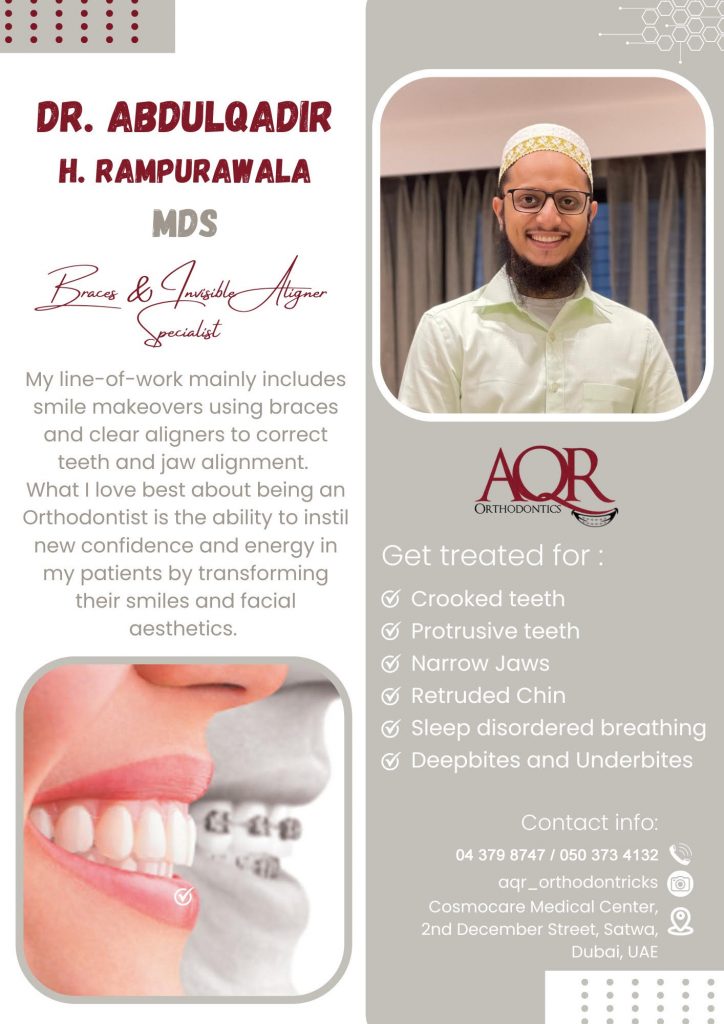Early intervention in orthodontics can make a significant impact on a child’s oral health, overall well-being, and even financial costs. Addressing orthodontic issues during childhood provides several advantages from biological, psychosocial, financial, and practical perspectives. Here’s why starting early can be a smart choice.
1. Biological Benefits of Early Treatment
Children’s jaws and teeth are still developing, making it easier to guide their growth and correct problems before they become severe. Early intervention, typically between the ages of 7 and 9, allows orthodontists to:
– Guide Jaw Growth: Correcting issues like overbite, underbite, or crossbite is more manageable when the jaw is still malleable.
– Prevent Future Crowding: By creating enough space for incoming adult teeth, early treatment can reduce the need for tooth extractions later.
– Address Habits: Thumb-sucking or tongue thrusting can lead to malocclusions. Early treatment can intercept these habits before they cause significant problems.
Delaying treatment can result in more complex issues that require lengthier treatments, possibly even surgery in severe cases.
2. Psychosocial Benefits
Children’s self-esteem is highly influenced by their appearance, and orthodontic issues such as crooked teeth or jaw misalignment can affect their confidence. Early intervention can:
– Improve Aesthetic Concerns: Straight teeth and a well-aligned smile can help children feel more confident in social settings.
– Enhance Speech Development: Certain malocclusions can impact speech, leading to social discomfort. Early treatment can correct these issues and boost communication skills.
Delaying orthodontic treatment may result in prolonged social discomfort, which could affect a child’s confidence and peer interactions during formative years.
3. Financial and Practical Aspects
While it may seem like early orthodontic treatment is an added cost, it can actually save money in the long run:
– Reduced Need for Future Treatment: Treating issues early often means less invasive, shorter, and less expensive treatments later in life.
– Avoiding Complicated Procedures: Early intervention can help avoid surgical procedures, which are more costly and time-consuming.
– Efficiency in Treatment: Younger patients often respond faster to treatment, making the process shorter and more effective.
By delaying treatment, orthodontic issues may become more complex, requiring longer treatment durations and potentially higher costs down the road.
Some common consequences of delaying certain treatments are:
– Jaw Issues: Untreated misaligned jaws may require corrective surgery as an adult, a more complex and invasive solution.
– Tooth Damage: Improperly aligned teeth can cause uneven wear, leading to issues like tooth fractures or gum disease.
– Speech and Eating Problems: Some orthodontic problems, if untreated, can cause ongoing issues with speaking or chewing.
Conclusion
Early intervention in orthodontics is about more than just straightening teeth; it’s about ensuring healthy development, boosting self-esteem, and saving time and money in the long term. By addressing orthodontic issues early, parents can give their children a healthier, happier future with minimal disruption and maximum benefits. Waiting too long can lead to more severe, costly, and complicated treatments later in life.
At Cosmocare Medical Center, our specialist orthodontist is trained in providing all kinds of interceptive treatments for your kids’ problems. Schedule a consult with us now to know more.


